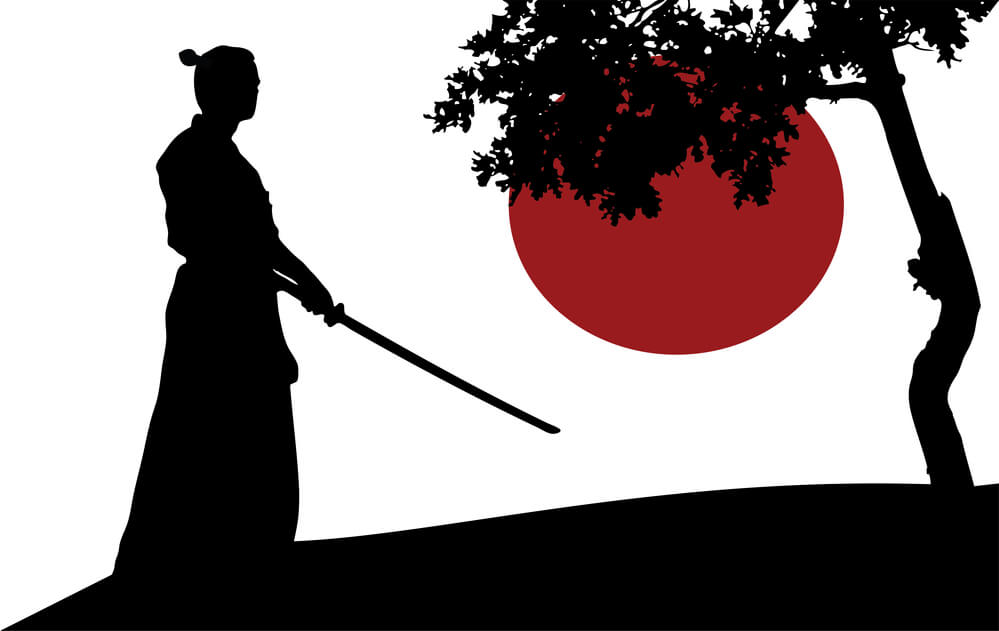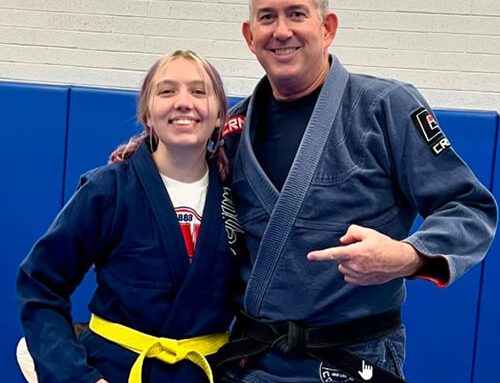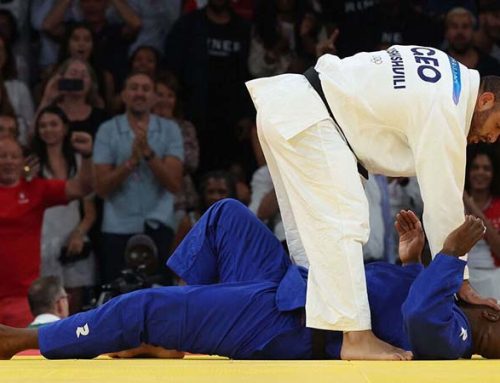Here at Coach Decker’s Martial Art’s we believe service is a virtue. There is no greater feeling than being of service to others and contributing to your community in a positive way. That’s why we are always looking for people interested in inspiring and empowering others, especially children through the use of Martial Arts and other physical activity. If this sounds like you, follow this link and learn more about the Coach Decker Apprenticeship Program and use your passion for helping other people assist them to achieve their goals.
Why is being of service important?
Being of service is important because it provides numerous benefits to individuals, communities, and society. When one gives of themselves, they are paying it forward in a powerful way.
Here are several benefits:
Service activities foster a sense of community and belonging. When individuals engage in service, they build relationships, trust, and solidarity within their community. This strengthens social bonds and promotes a more cohesive, supportive society.
Service encourages altruism and compassion by motivating individuals to help others without expecting anything in return. This nurtures a culture of empathy and caring, which is essential for a healthy and functioning society.
Service often targets marginalized and underserved populations, helping to address social and economic disparities. By providing resources, support, and opportunities to those in need, service contributes to greater social equity and justice.
Service activities build social capital by creating networks of relationships that individuals can draw upon for support, advice, and resources. High levels of social capital are associated with improved community resilience and collective well-being.
Service provides opportunities for personal growth and development. Individuals who engage in service often develop new skills, gain valuable experiences, and achieve a sense of fulfillment and purpose from contributing to the greater good.
Service promotes civic engagement by encouraging individuals to participate actively in their communities and democratic processes. Engaged citizens are more likely to be informed, involved, and committed to contributing to the common good.
Volunteers and service organizations often support public services and infrastructure, such as education, healthcare, and community development. This enhances the quality and accessibility of these services, benefiting society as a whole.
Service can lead to innovative solutions to social problems. By bringing together diverse groups of people with different perspectives and skills, service initiatives can generate creative approaches to addressing community challenges.
Engaging in service has been shown to have positive effects on mental and physical health. Volunteers often experience increased happiness, reduced stress, and a greater sense of purpose, which contribute to overall well-being.
Service helps to build a culture of reciprocity, where people are willing to help others and, in turn, are more likely to receive help when they need it. This mutual support system strengthens community resilience and solidarity.
Service sets a positive example for future generations. When young people see adults engaging in service, they learn the value of contributing to society and are more likely to become active and responsible citizens themselves.
Service as a social good transcends individual benefits, creating a ripple effect that enhances the quality of life for entire communities and societies. It nurtures the values of cooperation, empathy, and mutual aid, which are fundamental for a just, equitable, and thriving society. By promoting social cohesion, addressing inequities, and fostering civic engagement, service plays a crucial role in building a better world for everyone.

And for some, it is a moral responsibility. The word “samurai” originates from the Japanese verb “saburau,” which means “to serve“. Over time, Samurai came to refer to the warrior class in feudal Japan, who were known for their martial skills, adherence to the Bushido code, and absolutely loyal service to their lords.
JITA KYOEI (Mutual Benefit)
Judo, the modern martial art derived from jujitsu, inherited the Bushido code from the Samurai. Kano Sensei’s ideals of judo and education consisted in “perfecting” oneself and benefiting the world. He wrote: “In order to perfect myself, I do not for a moment forget to be of service to the world[..] I will dedicate my future activities to the service of society and for this purpose I shall strive to build up my character and form a firm foundation for my life.” To be “of service” is a requirement for a Judoka (practitioner of Judo).
Service in Judo refers to the various ways in which individuals contribute to the art/sport beyond just practicing and competing. It encompasses a range of activities that support the development, promotion, and organization of Judo.
Here are some key aspects of service in Judo:
- Coaching and Teaching
Coaches: They train and mentor Judoka, helping them improve their techniques, physical fitness, and mental preparedness.
Instructors: Often provide lessons for beginners and advanced students, fostering a deeper understanding of Judo principles and techniques.
- Refereeing and Judging
Referees: Ensure that matches are conducted fairly and according to the rules. They play a crucial role in maintaining the integrity of the sport.
Judges: Assist referees in scoring matches and making decisions about the outcome of contests.
Technical Officials: Are the volunteers at events that carry out roles other than the referee and judges. There are several different positions for a technical official in Judo. These positions are usually found at the control table or mat side, from timekeepers to scorekeepers- a technical official ensures the smooth running of an event.
- Organizing and Administering
Event Organizers: Plan and manage competitions, tournaments, and other Judo events, ensuring they run smoothly and efficiently.
Administrators: Work within Judo organizations to handle the logistical, financial, and operational aspects of the sport.
- Volunteering
Volunteers: Support events and activities by offering their time and effort in various roles such as setup, registration, and coordination.
- Promoting Judo and Supporting Athletes
Advocates and Ambassadors: Promote Judo within the community and to the broader public, raising awareness and encouraging participation.
Marketers and Publicists: Utilize media and promotional campaigns to highlight Judo events, successes, and stories.
Sponsors, Mentors and Counselors: Offer financial, psychological and emotional support to athletes and clubs or teams, helping them both achieve their dreams and cope with the pressures of competition and training.
Benefits of Service in Judo
Community Building: Strengthens the Judo community by fostering a sense of shared purpose and mutual support.
Personal Growth: Provides opportunities for personal development, learning new skills, and gaining leadership experience.
Promotion of Values: Helps to promote the core values of Judo such as respect, discipline, and mutual welfare.
Service in Judo is vital for the sport’s growth and sustainability. It ensures that Judo remains accessible, well-organized, and true to its principles.
Join our Team
If you have a passion and a desire to inspire and empower others, especially kids, and you have an interest in Martial Arts, (or other forms of physical education), we would love for you to consider joining our Coach Apprenticeship Program.
In our Coach Apprenticeship Program, you will learn how to make a positive impact on our community, families, and in the lives of kids you interact with regularly. You will learn new skills and share your knowledge with individuals of all ages and abilities, helping them to build strength, confidence, and discipline through the practice of Martial Arts. You will work alongside a supportive and passionate team of professionals who share your commitment to helping people achieve their goals.






